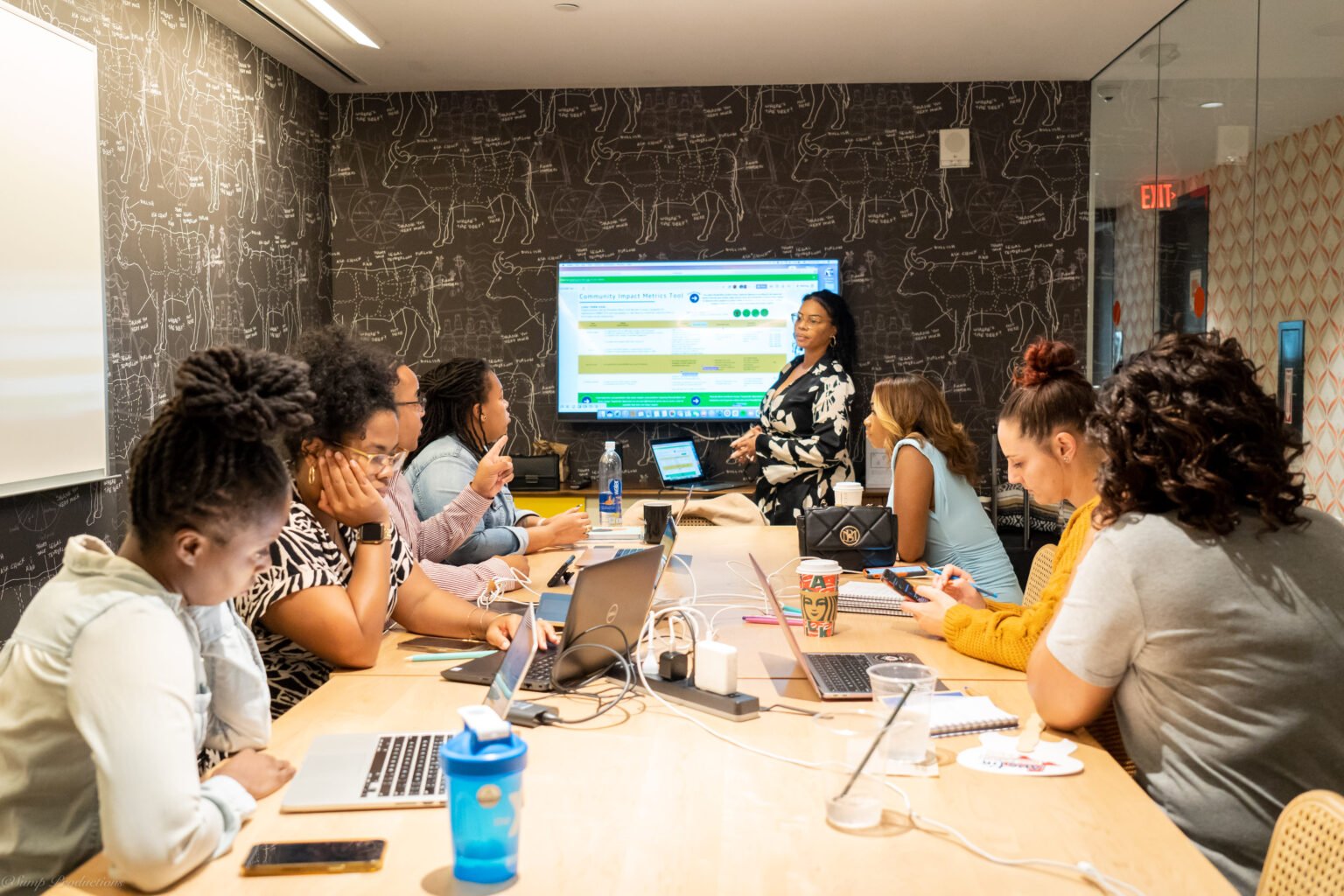
The Black Paper
A Lived-Experience Data Black Paper
Deanna Cureton, MPH | Tiffanie Harrison, MBA
212 Catalysts and the African American Leadership Institute approached MEASURE with a problem: Compared to other large metropolitan cities in the United States, Austin, Texas is unique in that the percentage of the Black population is declining as the overall population grows rapidly. Additionally, employers are having a difficult time retaining Black hires. What prohibits Black Austinites from connecting with their community and remaining in the Austin metropolitan area?
Community-Led Survey
The MEASURE Community-Led Survey Tool is implemented using a racial-equity lens whereby those who are historically and systematically impacted by disparate social outcomes must make up the majority of those creating the survey instrument. This prioritization will result in an elevation of their lived-experience and voice as we gain meaningful understanding about the issue or need that we are working to assess. MEASURE assembled a Community-Led Survey Design Team to collaborate on a survey to seek answers regarding the exodus of Black Austinites.
375 Survey Participants
Community-Led Survey participants provided clear guidance on what inhibits Black Austinites from building the community necessary to remain in the Austin area. By centering community voices and experiences we learned that policy, affordability, and a sense of belonging all contribute to Austin’s declining Black population.
What People Are Saying





